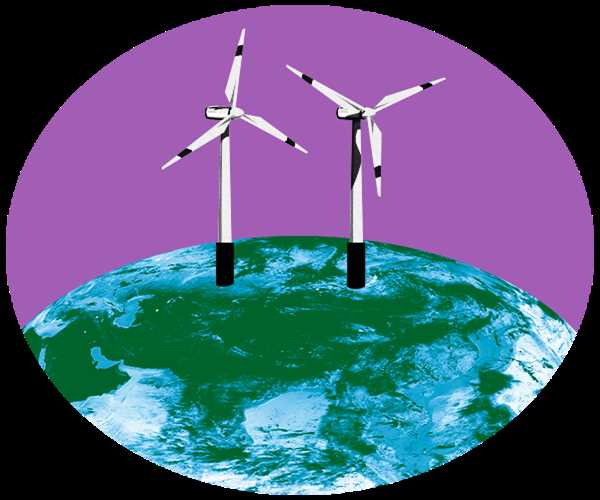Recent developments in global initiatives for clean energy highlight a paradigm shift towards sustainable and low-carbon alternatives. Governments worldwide are increasingly setting ambitious targets for renewable energy adoption, with a notable focus on solar and wind power. Investments in research and development drive innovation, leading to more efficient and cost-effective clean energy technologies.
International collaborations, exemplified by agreements like the Paris Agreement, underscore a collective commitment to combat climate change by transitioning to cleaner energy sources. Financing mechanisms and incentives, both at national and international levels, encourage the private sector to invest in renewable energy projects. Multilateral organizations, like the International Renewable Energy Agency (IRENA), play a crucial role in facilitating knowledge sharing and capacity building among nations.
Technological advancements, such as energy storage solutions and smart grids, enhance the reliability and integration of renewable energy into existing infrastructure. The electrification of transportation, with a focus on electric vehicles, contributes to reducing reliance on fossil fuels.

Despite progress, challenges persist, including the need for energy transition policies, grid modernization, and addressing the social and economic aspects of this shift. Overall, recent developments signal a global commitment to a sustainable energy future, with a growing recognition of the urgency to mitigate climate change through the widespread adoption of clean energy technologies.
Read also: Key events in recent global politics